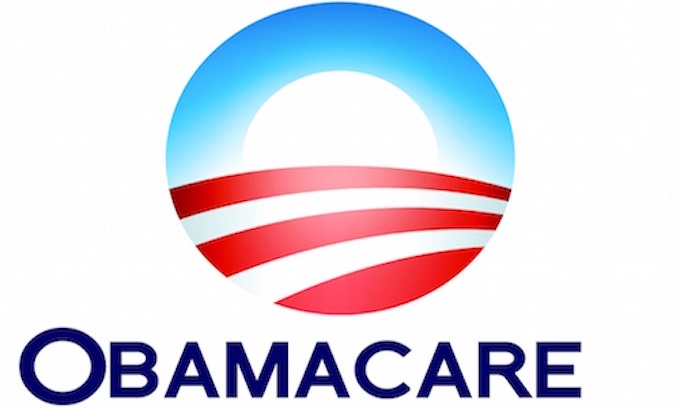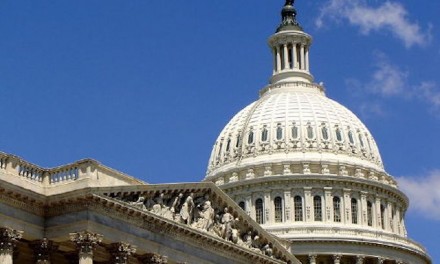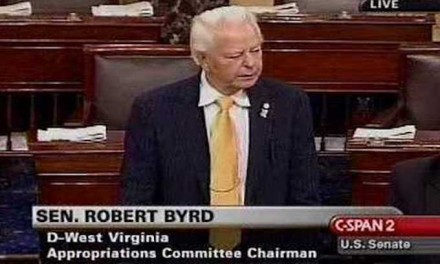As Congress moves on from the GOP’s failure to repeal and replace ObamaCare, self-employed middle-income earners who don’t qualify for health care subsidies will find themselves with increasingly limited alternatives.
Ultimately those who earn too much to receive subsidized coverage will contend with fewer and less-affordable private insurance options.
“The danger is that the previously insured are now at risk of becoming the new uninsured,” reports Jarrett Stepman for The Daily Signal.
Last year, as Medicaid enrollment increased by 2.25 million people, enrollment in private health coverage dropped by nearly 600,000 people, according to a Heritage Foundation study.
As for ObamaCare’s presumptive winners, Mr. Stepman reminds that Medicaid delivers, “on average, poorer quality care and treatment than private plans.”
Add to that a report from Reuters that “hundreds” of counties risk losing access to private health coverage next year as insurers weigh pulling out of those markets.
Now that repeal is off the table, ObamaCare’s warts — which didn’t get much attention amid talk of repeal — are becoming plainly apparent. And simply pouring in more federal subsidies, as some suggest, won’t fix it.
What’s needed, as we’ve said previously, is a bipartisan, market-based solution to the rising tide of ObamaCare’s problems — one that does not leave behind a raft of losers.
___
(c)2017 The Pittsburgh Tribune-Review (Greensburg, Pa.)
Visit The Pittsburgh Tribune-Review (Greensburg, Pa.) at www.triblive.com
Distributed by Tribune Content Agency, LLC.
—-
This content is published through a licensing agreement with Acquire Media using its NewsEdge technology.



















Recent Comments